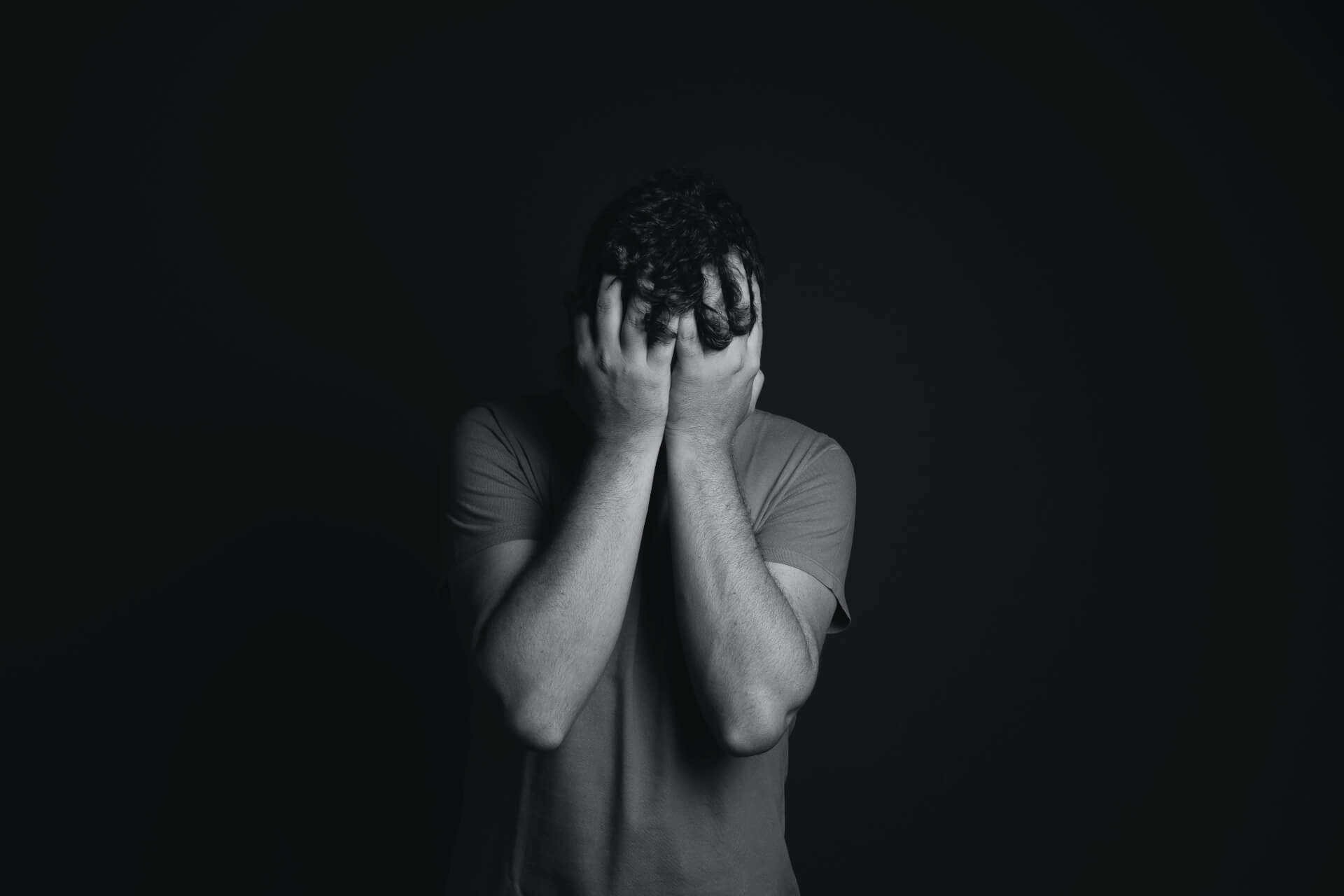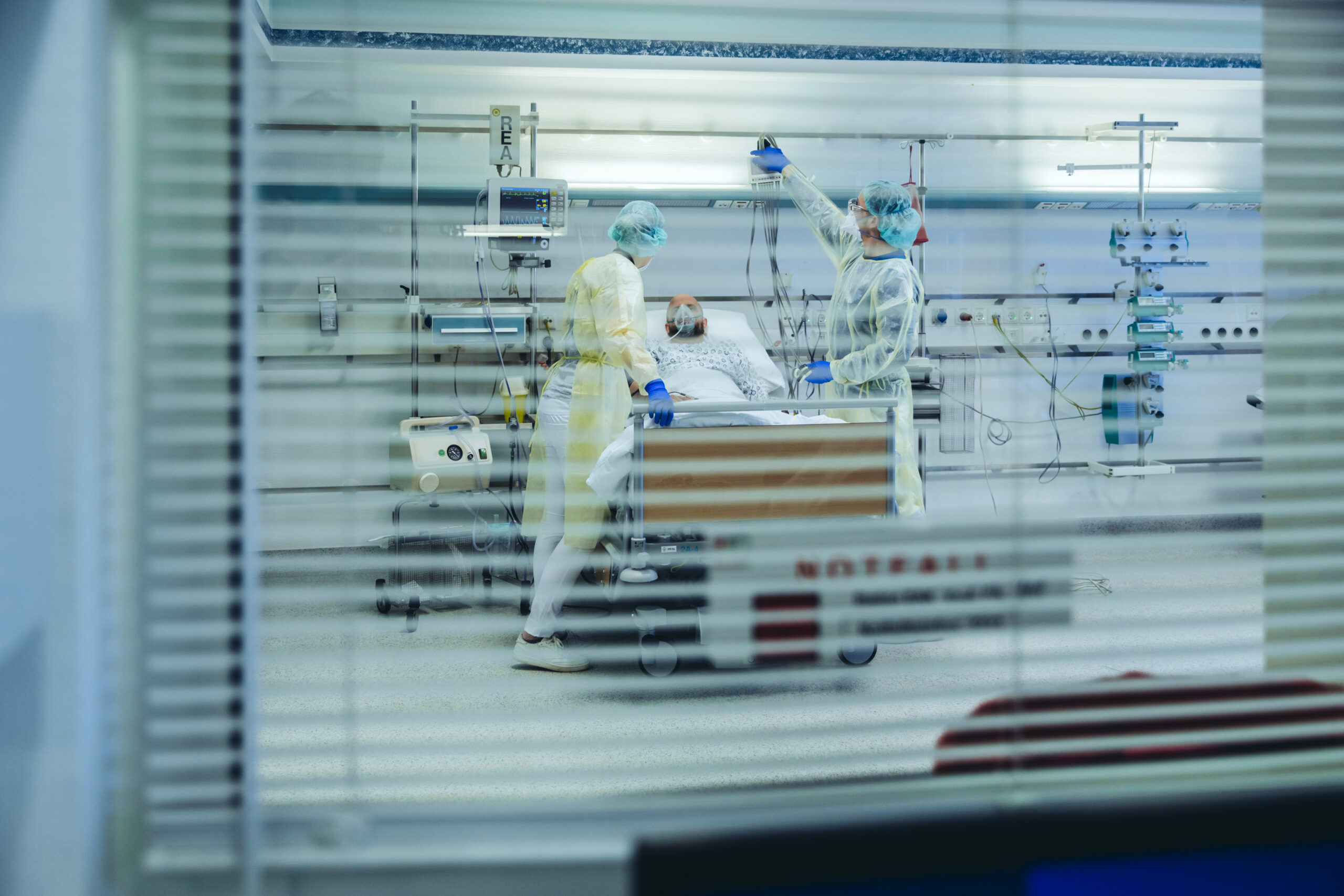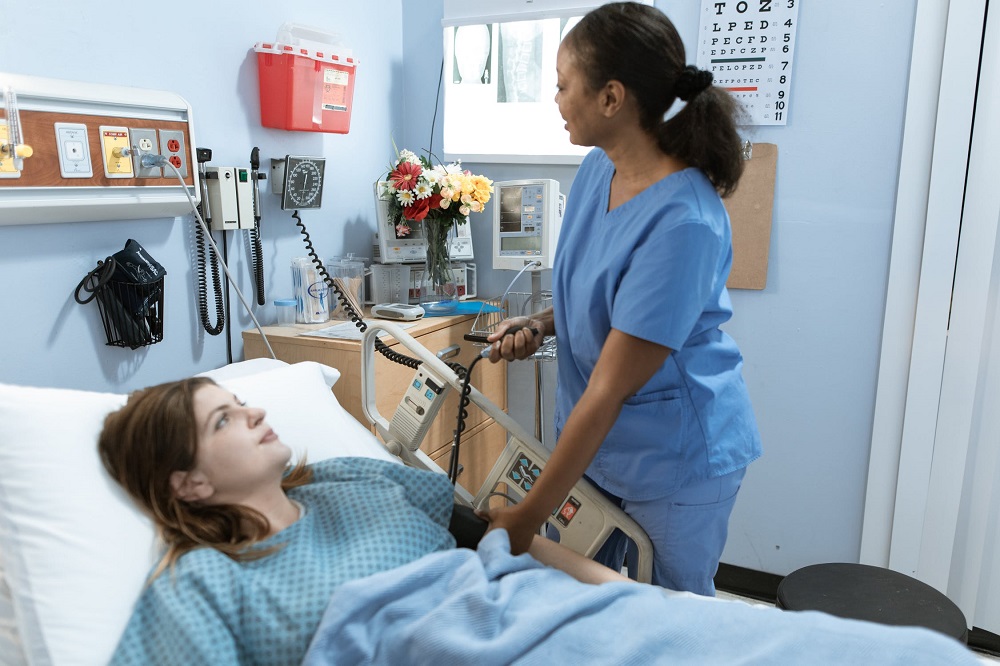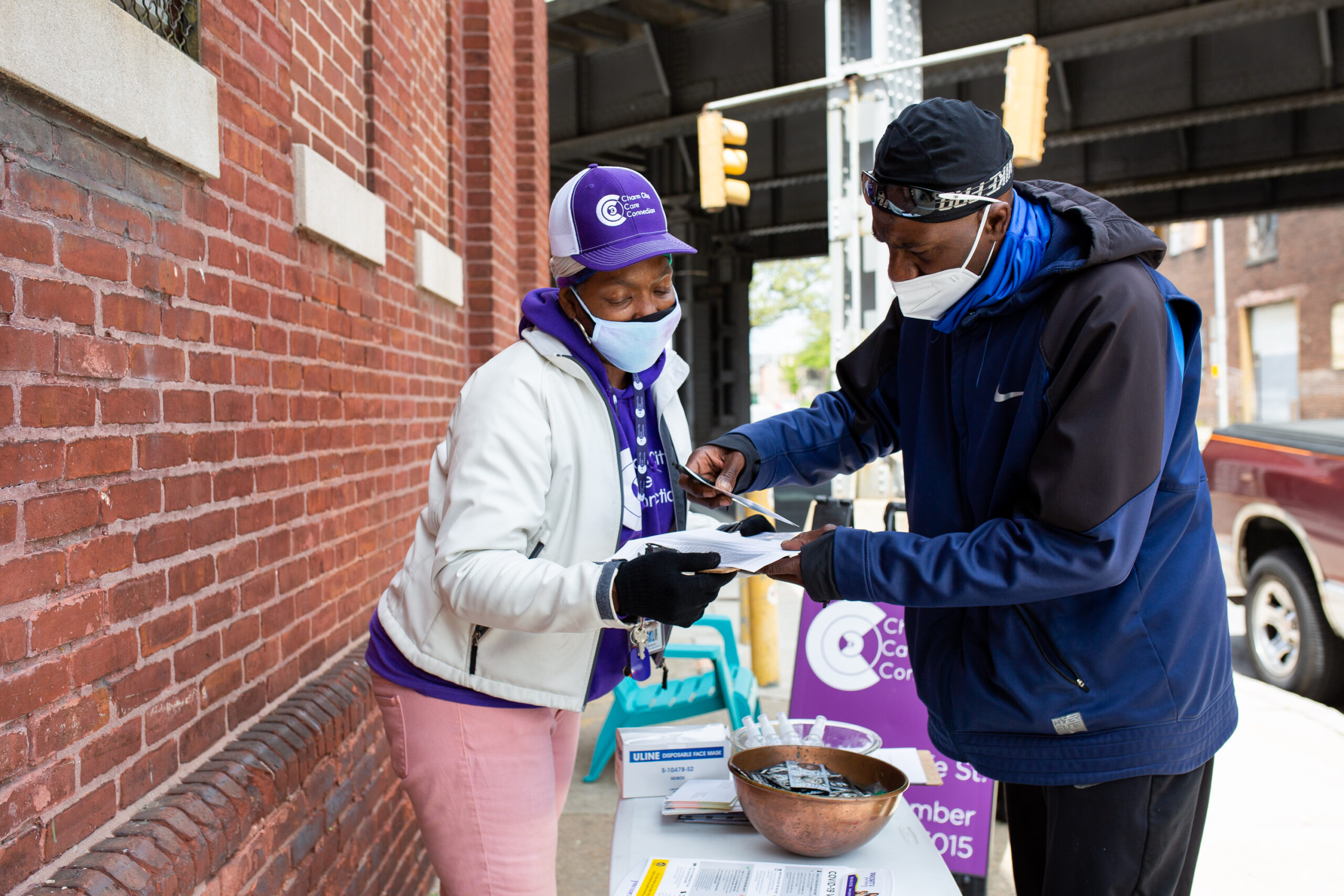
A coalition of care providers in central Maryland is working to create an emergency call center that would divert residents in mental health crises from emergency rooms and meet them with specialized care teams, and not law enforcement.
Behavioral Health System Baltimore, the Horizon Foundation and other providers have proposed a model for the Maryland Health Services Cost Review Commission’s Regional Partnership Catalyst Grant Program that would create one centralized crisis care system across Baltimore City and Howard, Carroll and Baltimore counties.
Mental health struggles are increasingly common.
According to the National Alliance on Mental Illness, one in five adults in the U.S. wrestled with their mental health in 2018.
And when people find themselves in the throes of a mental health crisis, they often turn to hotlines or their local emergency department for help. But some experts say that’s not the right route.
“People can wait days,” said Adrienne Breidenstine, vice president of policy and communications for Behavioral Health System Baltimore. “They get stuck in the emergency room and then get stuck in inpatient units.”
Breidenstine said that hospital emergency departments are often traumatic for people experiencing mental illness and can even worsen their conditions.
“What we’re looking to do is actually try to switch that and have people come and get care out in the community more,” she explained.
And it may just happen.
The Health Services Cost Review Commission will vote on the final recommendations at a meeting Thursday afternoon.
If approved, participating hospitals would receive money from a $45 million grant funded by the state’s rate-setting system over the course of five years to provide cohesive care for behavioral health and substance abuse services.
“The goal is to improve access to crisis intervention, stabilization, and treatment referral programs,” Katie Wunderlich, executive director of the Health Services Cost Review Commission, wrote Maryland Matters in an email.
Hospitals in Prince George’s County, Southern Maryland and on the Eastern Shore have also been recommended to receive grants for behavioral health crisis plans under this program.
Currently, each of Maryland’s 24 jurisdictions has its own crisis response model, including individual hotlines, crisis centers and mobile response teams. The state also has a 24/7 youth crisis hotline, which can be reached at 1 (800) 422-0009. Dialing 211 can connect residents with crisis services, as well.
The program proposed by Breidenstine’s organization and the many other stakeholders would establish a uniform response model across the four jurisdictions in the greater Baltimore area.
The plan has three key components:
- A uniform crisis hotline ― or Care Traffic Control Center ― including an infrastructure that allows staff to dispatch crisis response teams, set up care appointments and track callers in real-time as they move through the local mental healthcare system;
- Mobile crisis units, or non-law enforcement teams with mental health professionals and peer support specialists, that are available to meet people in the field; and
- Expanded walk-in crisis clinics.
The plan reflects key recommendations from the National Action Alliance For Suicide Prevention’s Crisis Now mental health care model.
Breidenstine called the model a “nationally recognized” framework.
According to a 2018 Crisis Now publication, the model reduced the time that people experiencing crises waited in emergency departments by “a cumulative 45 years” when it was implemented in Maricopa County, Ariz.
It also reduced police interaction, which can be deadly for those with mental health struggles.
“Quite frankly, we know that we’re just asking our police officers to do way too much, including asking them to serve as mental health professionals,” Breidenstine asserted. “So what we would like to see … is that rather than having them respond, we have mental health professionals respond.”
Should it be approved, she said that this model could have positive implications for Baltimore City’s police department, specifically, which was deemed in violation of the Americans with Disabilities Act after the Department of Justice found in 2016 the agency consistently used excessive force with individuals experiencing mental health crises.
Breidenstine said that the Baltimore City Police Department receives about 13,000 behavioral health calls each year.
“We want to see a good portion of those diverted from 911 and kicked to our city’s Here2Help Hotline because the Here2Help Hotline is the connection to a much broader array of community-based behavioral health services,” she said.
A collaboration, months in the making
Breidenstine called the formulation of the program a “collaborative multi-stakeholder process” that began to take shape months before the request for proposals was released in January.
As the Health Services Cost Review Commission began to “revamp” its Regional Partnership Catalyst Grant Program, said Breidenstine, Behavioral Health System Baltimore and its local partners convened to craft a proposal to enhance behavioral health crisis services.
“Initially we were looking at just doing this in Baltimore City because that’s where my organization is based … but we quickly realized that we had a lot of interest and a lot of other common goals with partners in other surrounding jurisdictions, like Howard County and Baltimore County,” she said. “So, we brought those partners in … and everyone really just looked at this as a good opportunity that we should try to organize ourselves around and take advantage of because it was a significant amount of money that we can bring in to support infrastructure investments that we typically don’t have grant funding to do.”
All 17 hospitals and each behavioral health authority across the four jurisdictions were involved in the proposal’s development.
Breidenstine said that they submitted over 25 letters of support from state and local elected officials with their proposal. Among them is Howard County Executive Calvin Ball (D), who said this program becomes more necessary the longer the COID-19 pandemic drags on.
“The COVID-19 pandemic has only exacerbated the urgent need for better crisis services, with millions of people impacted by not only the virus itself, but the repercussions of economic turmoil, grief over lost loved ones, and social isolation,” Ball said in a statement. “This program comes at a critical time; we must not lose sight that the mental health effects can be as deadly and will likely outlast the virus itself.”
Breidenstine acknowledged that fully implementing the program will take a few years.
“The first two years will be heavy, heavy planning and policy development to get things in place so that we can go live with having a centralized call line and deploying mobile crisis teams from that call center,” she said.
Breidenstine called the Care Traffic Control system “the backbone” of the program, saying it’s likely the first phase to be enacted.
The establishment of a multi-jurisdictional crisis line number may be affected by federal legislation passed earlier this year that would establish 988 as the national mental health emergency line by 2022.
Traci LaValle, senior vice president of the Maryland Hospital Association, said that the intention for the five-year grant is to create self-sustaining programs that can stand on their own when the grant funding runs out.
“I think the state will be watching this really closely,” she said.
(Disclosure: The Horizon Foundation is a financial supporter of Maryland Matters.)




 Creative Commons Attribution
Creative Commons Attribution